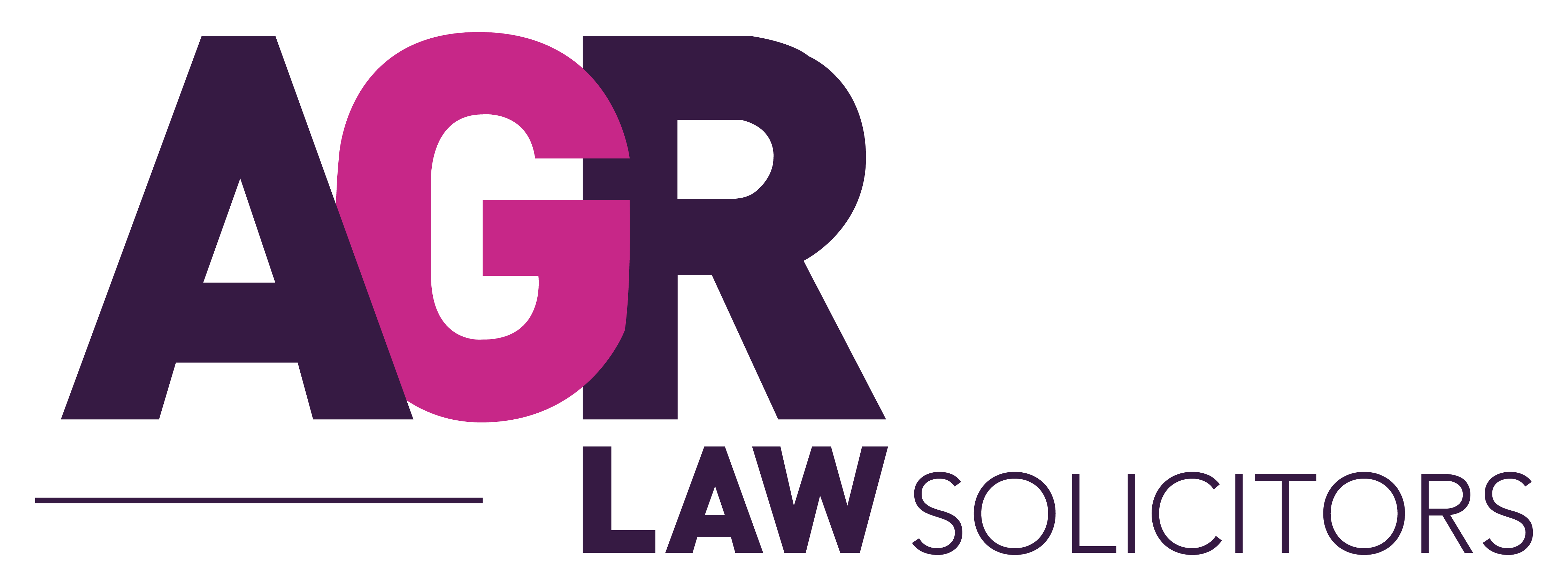To mark Sexual Abuse and Sexual Violence Awareness Week, and the call for the silence surrounding abuse to be broken, we wanted to shine a light on what is and isn’t unacceptable in the eyes of the law.
What are sexual abuse and sexual violence?
Sexual abuse and sexual violence occur when someone behaves in a sexual nature without the other party or parties giving consent. It can be physical, psychological, verbal, written in messages or via the internet.
- Sexual abuse usually refers to any person under the age of 18 being forced or incited into a sexual activity
- Sexual violence is when sexual behaviour or a sexual act is forced on a person without their consent
The perpetrator often uses tactics to pressure, trick or manipulate their victim into the act. Men, women and children can fall victim to sexual abuse or sexual violence regardless of age, sexual orientation or race.
Recognising behaviour that is abusive
Sexual violence is an umbrella term for:
- Rape – unwanted or forced sex that happens without consent
- Sexual assault – when someone touches a person in a sexual manner or makes them take part in a sexual activity without their consent
- Sexual harassment – unwanted sexual behaviour that makes (or is intended to make) someone feel upset, scared, offended or humiliated
- Stalking – persistent and unwanted obsessive attention that makes someone feel pestered, anxious, scared or harassed. Examples include someone following you or regularly sending you unwanted gifts
- Indecent exposure/flashing – someone deliberately exposing his or her genitals to scare or upset another person
- Child sexual abuse – when an adult or older child coerces a child into a sexual situation
- Female Genital Mutilation (FGM) – intentionally altering or causing injury to the female genital organs for non-medical reasons
- Spiking – putting alcohol or drugs into someone’s drink or body without them knowing
Acts don’t have to be physical to be abusive. Examples include:
- Sending obscene messages
- Encouraging inappropriate conversations (including online)
- Sharing pornographic materials
The abuser can be a stranger or, as is often the case, someone you know or even a family member. They may be a spouse, partner, fiancé, boyfriend or girlfriend. Your relationship status doesn’t give them automatic rights to abuse you.
What is consent?
If you are involved in a sexual activity, agreed to take part by choice and have the freedom and capacity to make your own decisions, that is deemed as consent. You should also be able to change your mind at any point and withdraw consent without being accused of playing hard to get or sending mixed signals. You can refuse consent even if you have given it previously.
Sometimes age, disabilities or conditions can leave you unable to give consent. You may also be asleep, unconscious or affected by drink or drugs. It is not acceptable to assume you give consent because you can’t say no.
You are NOT to blame
Sexual abuse and sexual violence are ALWAYS the fault of the abuser.
We know from previous experience that the perpetrator typically persuades the victim that people won’t believe them if they speak out, or that the situation is their fault. They also make them worry it will bring shame on them and their family.
Remember:
- If you consume alcohol, take drugs, wear revealing clothing or behave in a flirtatious manner that does not mean it is acceptable for someone to abuse you. People with the legal right to drink also have the legal right not to be forced into doing anything they do not wish to
- If you are unable to fight your attacker off that doesn’t mean you have consented. Some people can scream or shout out and run away, but a common reaction is to become so crippled with fear that you freeze and are unable to move
- Just because you are married to, or in a relationship with, a person it does not mean they can abuse you
It is common for abusers to promise they will change, buy you presents and behave kindly for a few days (or sometimes weeks) but they soon go back to their old ways and the cycle begins again.
Other types of abuse
When people think about abuse, they tend to picture physical violence. Being violent and causing physical harm certainly is abuse, but there are other behaviours that we wanted to touch on briefly to make you aware:
- Coercive control – assaulting, threatening, humiliating or intimidating a person to harm, punish or frighten them. Examples include isolating you from friends and family, monitoring your time and online activity, and denying your basic needs such as food or access to healthcare
- Psychological or emotional abuse – this can include someone threatening or intimidating you, calling you names and criticising you, dismissing your opinion on matters or undermining you, making you feel guilty, sulking or giving you silent treatment, or telling you what you can and can’t do
- Financial abuse – limiting your financial freedom of choice and denying you money for basic essentials, controlling your bank accounts so that you have no independent income or running up debts in your name e.g., using your credit card without permission are all common examples of financial abuse
- Online or digital abuse – there are several ways a perpetrator can abuse victims online. Acts include monitoring your social media profiles or emails without permission, sharing intimate images or videos without your consent, or using GPS locators or spyware
Where to get help
Abuse of any kind is a serious crime. You don’t have to wait until you’re in an emergency situation to ask for help but, if you or your family are in immediate danger, you must call 999.
We know it’s not always easy to seek advice if you’re being monitored closely by your abuser. We also know it takes enormous courage and that your confidence will typically be low.
Below is a list of places support is available from:
For women:
- Phone – the Freephone National Domestic Abuse Helpline is on 0808 2000 247. It’s run by Refuge and open day and night
- Email – helpline@womensaid.org.uk
For men:
- Phone – Men’s Advice Line is on 0808 8010 327. The line is open Monday and Wednesday 9am to 8pm and Tuesday, Thursday and Friday 9am to 5pm
- Phone – ManKind is on 0182 3334 244. The line is open Monday to Friday, 10am to 4pm
- Email – info@mensadviceline.org.uk
LGBT+:
- Phone – Galop’s Domestic Abuse Helpline is on 0800 999 5428. The line is open Monday and Friday 10am to 5pm and Wednesday and Thursday 10am to 8pm
- Email – help@galop.org.uk
Forced marriage and honour crime:
- Phone – Karma Nirvana is on 0800 5999 247. The line is open Monday to Friday 9am to 5pm
Other places you can ask for help include pharmacies, a GP, midwife or health visitor. If you email for help, please confirm the best time for someone to email you back when you are typically safe to read their reply and respond to it.
Contact us if you need help
If you need legal advice on any type of abuse, call us on 0116 340 0094 or email hello@agrlaw.co.uk. You’re not alone and anyone can talk to us in complete confidence.

